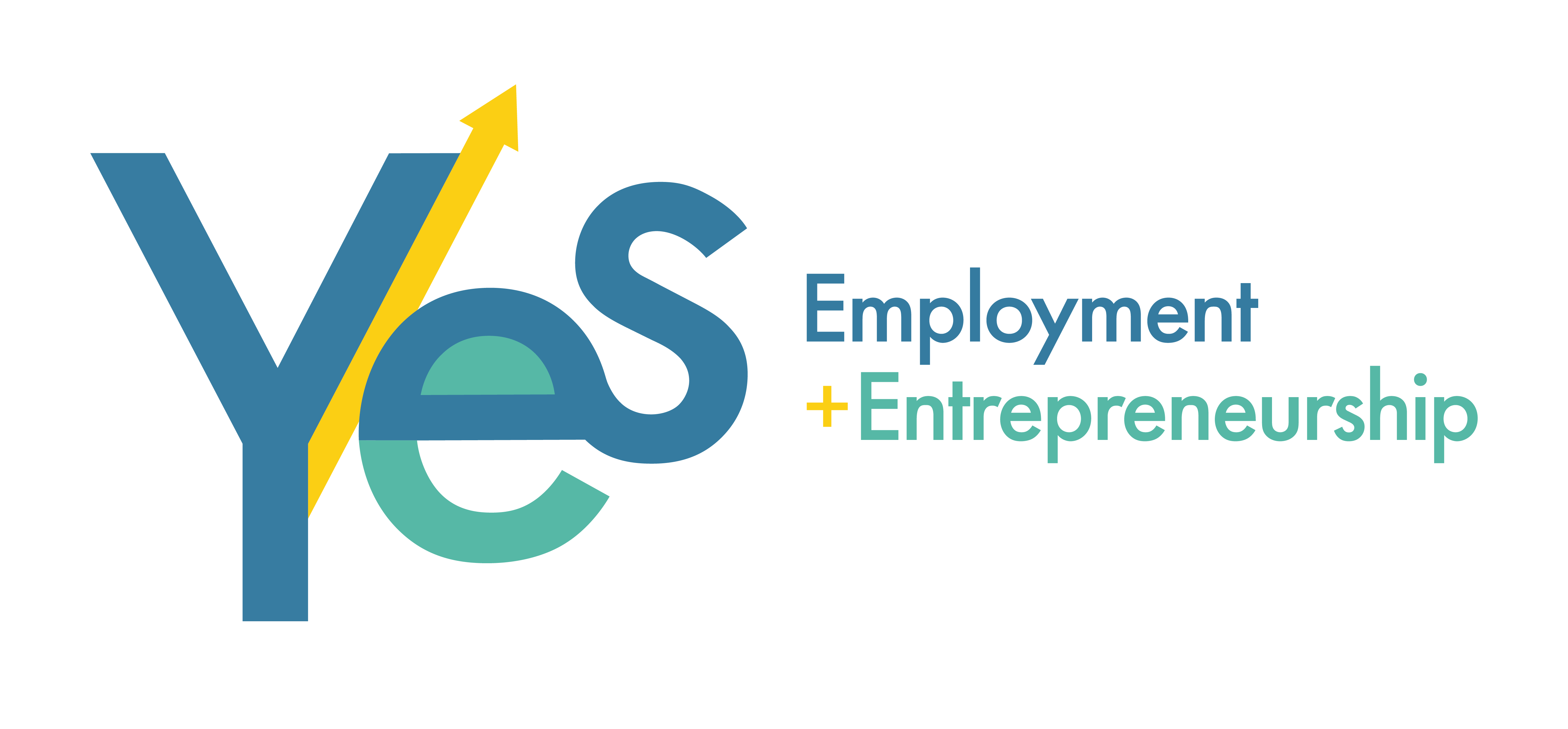Connecting MIT students with women leading in semiconductors
Global Semiconductor Alliance’s Women’s Leadership Initiative highlights career opportunities for women in hard technology.
Pharmacy is a female-dominated field and yet there remains a considerable gender disparity in pharmacy leadership and ownership. Women often face gender-specific challenges, including a lack of recognition, support, and mentorship opportunities. Highlighting the stories of women in pharmacy and shedding light on systemic issues is the first step toward equitable representation.
The COVID-19 pandemic and ensuing full and partial lockdowns that swept across Canada and the world have had unprecedented effects on education. Many Canadian high schools shifted to a quadmestered system and alternated in-person and remote learning. This meant students had to learn difficult concepts in math and science at an accelerated pace in semi-isolation without supports from their peers and teachers.
How well can someone learn in this environment and how confident will they be of their skills in math, physics and chemistry at the end of this process?
The issues facing academic mothers have been discussed for decades. Coronavirus Disease 2019 (COVID-19) is further exposing these inequalities as women scientists who are parenting while also engaging in a combination of academic related duties are falling behind. These inequities can be solved by investing strategically in solutions. Here we describe strategies that would ensure a more equitable academy for working mothers now and in the future. While the data are clear that mothers are being disproportionately impacted by COVID-19, many groups could benefit from these strategies. Rather than rebuilding what we once knew, let us be the architects of a new world.
The Impact of COVID-19 on the Careers of Women in Academic Sciences, Engineering, and Medicine identifies, names, and documents how the COVID-19 pandemic disrupted the careers of women in academic STEMM during the initial 9-month period since March 2020 and considers how these disruptions – both positive and negative – might shape future progress for women. This publication builds on the 2020 report Promising Practices for Addressing the Under-representation of Women in Science, Engineering, and Medicine to develop a comprehensive understanding of the nuanced ways these disruptions have manifested. The Impact of COVID-19 on the Careers of Women in Academic Sciences, Engineering, and Medicine will inform the academic community as it emerges from the pandemic to mitigate any long-term negative consequences for the continued advancement of women in the academic STEMM workforce and build on the adaptations and opportunities that have emerged.
[Earlier this week,] the National Academy of Sciences released a consensus report on the experiences of women in the academic sciences during COVID-19. The upshot of that report and others on the same topic is that the pandemic has disproportionately hurt the careers of women, especially mothers, who now require targeted, equity-based interventions.
While that publication is deliberately short on solutions, focusing instead on further research questions, a new paper in PLOS Biology is long on them. And unlike many of the department- or campus-based ideas that have been floated or fielded during the last year, this set of solutions is wide-ranging: mentors, college and university administrators, scientific societies, publishers, and funding agencies are all called on to do their part.
The COVID-19 pandemic has forced many workplaces to innovate rapidly in order to simply survive. But innovation is a critical component of our economic prosperity even during normal times. To be successful, Canada’s skills strategies must address skills for innovation across sectors — from solo entrepreneurs, to small and medium-sized businesses, to large corporations and even within government itself. While Canada has made significant efforts to foster a strong innovation economy, the pandemic has helped to reveal where these efforts have created strong foundations for success as well as areas where much remains to be done.
The goal of this study is to provide a review of Indigenous women entrepreneurship in Canada’s economy, identify the barriers to their entrepreneurial success, understand Indigenous women entrepreneurs’ unique approaches to innovation, and provide recommendations for a more inclusive ecosystem to support Indigenous women in their economic pursuits and social activities. The study uses a gender perspective to explore the profiles of Indigenous women-owned businesses, and takes a preliminary look at their use of traditional knowledge (collective knowledge of traditions used by Indigenous groups to sustain and adapt themselves to their environment over time).
The impacts of crises are never gender-neutral, and COVID-19 is no exception.
While everyone is facing unprecedented challenges, women are bearing the brunt of the economic and social fallout of COVID-19.
Here’s how COVID-19 is rolling back on women’s economic gains of past decades, unless we act now, and act deliberately.
Across all sectors, communities and societies, women have key contributions to make to leadership. From politics and corporations to sports and STEM, diverse leadership benefits everyone. Leaders need to represent the people they serve to best understand their wants and needs.
This year on International Women’s Day, we’re celebrating women’s leadership in all its forms, and calling for women and feminists across the world to claim their space in leadership and decision-making.















